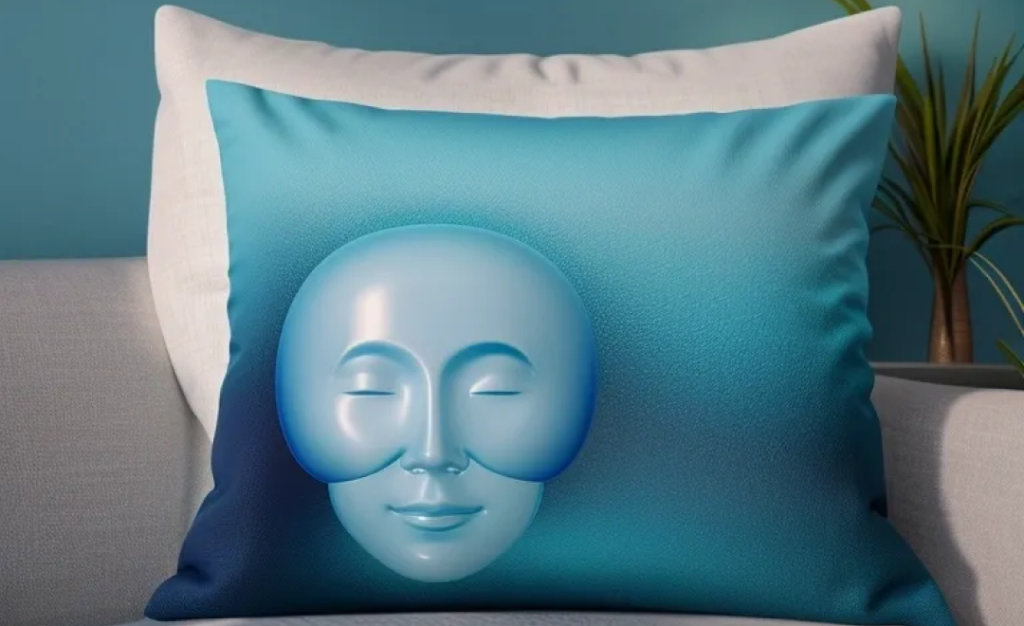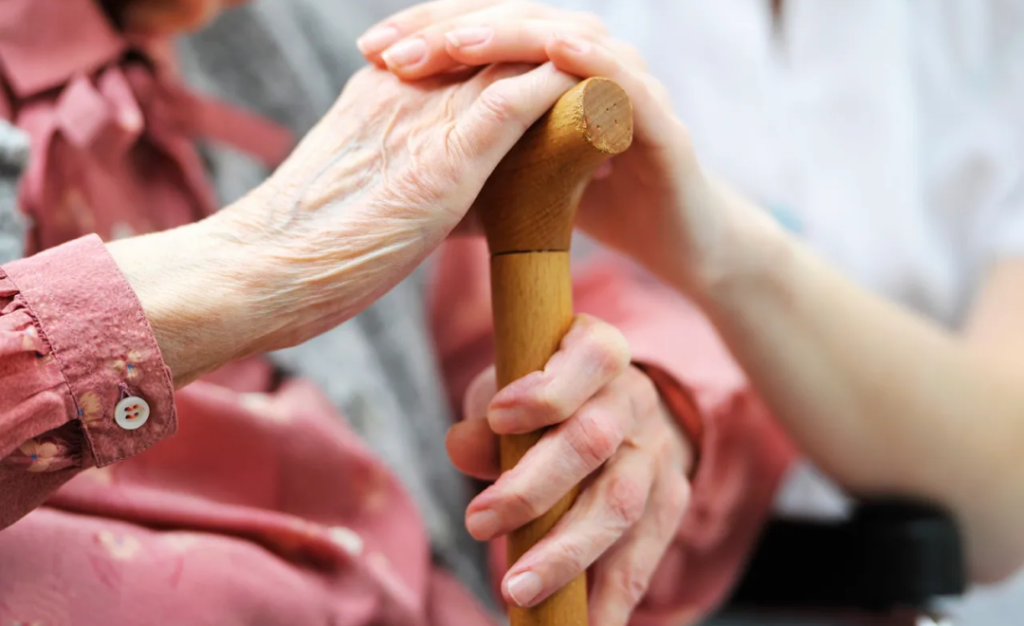From Noisy Chaos to Calm Efficiency: The Smart Tech That’s Transforming Care Homes Across the UK

Picture this, a care home meant to provide tranquillity and comfort, but instead, the environment is disrupted by incessant alarms blaring at decibel levels comparable to heavy traffic. This isn't an exaggeration; traditional nurse call systems often operate between 60-90 dB, depending on the urgency. To put this in perspective, prolonged exposure to noise above 85 dB can lead to permanent hearing loss, according to the World Health Organization (WHO).
Noise is not just an inconvenience, it’s a silent health hazard. A study by King's College London found that exposure to excessive noise can increase stress levels, disrupt sleep, and contribute to cognitive decline in older adults. According to a BBC report, extended exposure to noise triggers the body's fight-or-flight response, causing spikes in heart rate and stress hormones like cortisol. Over time, this can lead to severe issues such as high blood pressure, heart attacks, and even type 2 diabetes.
For care home residents, many of whom are elderly with pre-existing conditions, noise pollution is particularly damaging. A study published in The British Medical Journal (BMJ) revealed that patients exposed to constant noise experienced increased agitation, slower recovery times, and higher rates of depression.
Care homes are meant to feel like home, not a hospital ward. It’s time we reimagine how we manage communication and alerts within these facilities, prioritising serene environments over incessant noise.
How Traditional Alarms Are Failing Care Homes
Traditional nurse call systems, while effective in alerting staff to immediate needs, inadvertently contribute to a noisy and stressful environment. The University of Stirling conducted a study that found loud call bells to be a primary source of distress for residents, leading to sleep disturbances, confusion, and an overall decline in quality of life.
Consider Saxonwood Care Home before implementing quieter technology. Residents frequently experienced disruption due to loud call bells, creating stress and affecting sleep patterns. June, a 98-year-old resident, shared:
"I do like my sleep. I do not wake up so often at night now, and I have a more peaceful sleep in the mornings as I cannot hear those call bells ringing anymore."
For staff, the situation is equally problematic. Research from the Royal College of Nursing (RCN) highlights "alarm fatigue," where excessive alerts desensitise caregivers, leading to slower response times and increased burnout. A survey by the Care Quality Commission (CQC) found that 52% of care home staff reported feeling overwhelmed by constant noise and alerts.
Clearly, the mental and physical toll of excessive noise cannot be overstated. But there’s good news, modern technology offers a solution.
Enter Silent Alarm Systems
Imagine a care home where alerts are sent directly to staff smartphones, bypassing noisy, disruptive panels altogether. Silent alarm systems, like the Nurse Call Messaging Service (NMS), achieve this by offering noise-free, instant alerts, enabling effective communication while preserving the peace.
Here’s why they’re revolutionary for care homes:
- Better Sleep Quality for Residents A 2023 study by the Journal of Geriatric Psychiatry and Neurology found that noise pollution contributes to a 30% increase in sleep disturbances among older adults. Silent alarm systems remove this barrier, allowing residents to sleep through the night undisturbed.
"Residents now experience deeper, uninterrupted sleep," says a care manager at Saxonwood. "This has led to noticeable improvements in their mood and cognitive function during the day."
- A More Peaceful Environment for Visitors Family visits are essential for emotional well-being. However, the sound of constant call bells creates a stressful atmosphere. Chrissie, the daughter of a Saxonwood resident, shared:
"The lack of call bells made for a much calmer environment for residents and visitors. I think it is a great approach."
A calm environment makes visits more enjoyable and fosters stronger emotional connections between residents and their loved ones.
- Enhanced Staff Efficiency Efficiency in care homes is critical. According to a report by Skills for Care UK, care homes that use digital solutions, including silent alarms, experience a 25% reduction in response times. Modern systems like NMS provide tailored alerts, categorised by urgency (e.g., call, assist, or emergency) and sent directly to the appropriate staff members.
This eliminates the chaos of blaring sirens, allowing care teams to prioritise tasks effectively and improve response accuracy.
- Seamless Integration with Existing Systems One common concern is the effort and expense required to overhaul legacy systems. However, solutions like NMS are designed to integrate seamlessly with existing nurse call setups, avoiding costly replacements.
Additionally, its cloud-based reporting offers added transparency, enabling care managers to track response times, identify inefficiencies, and improve workflows.
- Cost-Effectiveness Over Time A survey by the National Care Forum (NCF) found that care homes using smart technology saved an average of 15% on operational costs.
Fewer false alarms
Less time wasted responding to unnecessary alerts
Lower risk of staff burnout, reducing turnover rates
While there’s an initial investment, the long-term savings far outweigh the costs.
Addressing Common Concerns
Cost of Implementation
Reality: Investing in silent alarms involves an upfront cost, but consider this, how much are stress-related illnesses, staff burnout, and dissatisfied residents really costing your business? The long-term savings in operational efficiency and overall care quality make it worthwhile.
System Integration
Reality: NMS integrates with existing nurse call setups, avoiding the need for a complete overhaul. Transitioning to silent alarms is simpler and more affordable than many care homes expect.
Training Staff
Reality: Transitioning to a new system is only effective if employees know how to use it. That’s why NMS provides comprehensive training and ongoing support to ensure staff feel confident and capable.
System Reliability
Reality: Reliability is non-negotiable. NMS uses cloud-based technology with real-time monitoring, ensuring 99.99% uptime and providing managers with instant performance data.
Prioritising Peaceful & Effective Care
Silent alarm systems represent a turning point for care home operations across the UK. By addressing the harmful effects of noise, they create environments that truly care, not just for residents, but for the staff and families who support them.
At the heart of this shift is a move towards person-centred care, one that values sleep, tranquillity, and focused attention over chaotic alarms and unnecessary disruptions.
If you're a care home manager, owner, or policy influencer ready to transform your facility, the time to act is now.
👉 Spark Care is proud to deliver the Nurse Call Messaging Service (NMS), transforming care homes with noise-free, efficient alert systems. Get in touch with us today to learn how we can support your care home with this innovative technology. Visit our website to schedule a demo now.
Care homes deserve better. Residents deserve peace. Together, we can make that a reality.
🌐 Website: www.spark-care.co.uk
📞 Telephone: 01635 019608
✉️ Email: hello@spark-care.co.uk
📍 Address: The Old Granary, Harepath Farm, Burbage, Marlborough, Wiltshire, SN8 3BT




